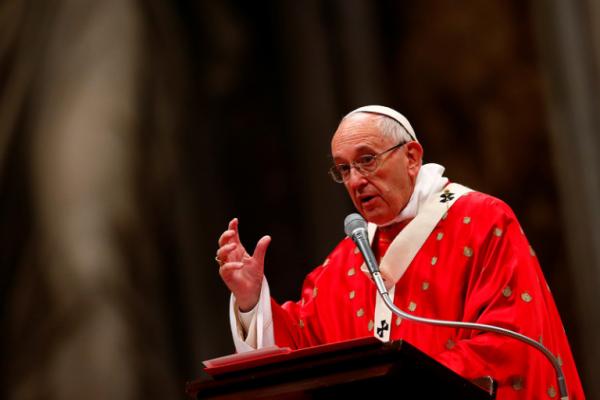May 18, 2016
What do the tango, Islam and conscientious objection have in common? They are just three of the references that Pope Francis made in his latest blockbuster interview.
Speaking to the French Catholic newspaper La Croix, Francis reflected on issues affecting the church and society as a whole.
Read the Full Article

Already a subscriber? Login
